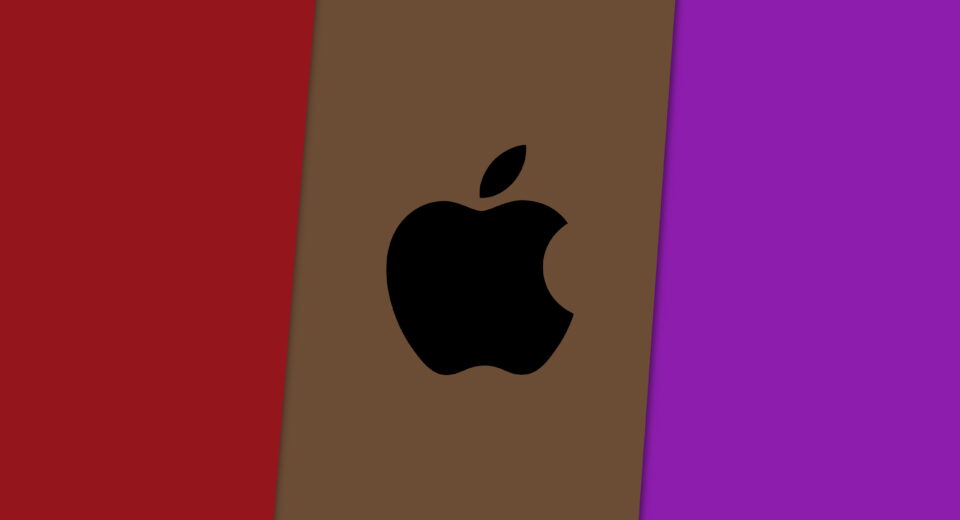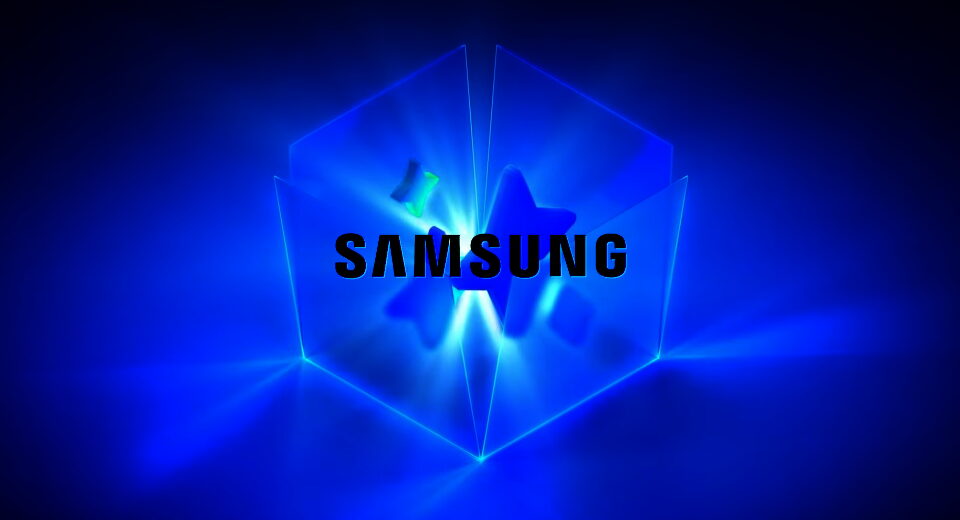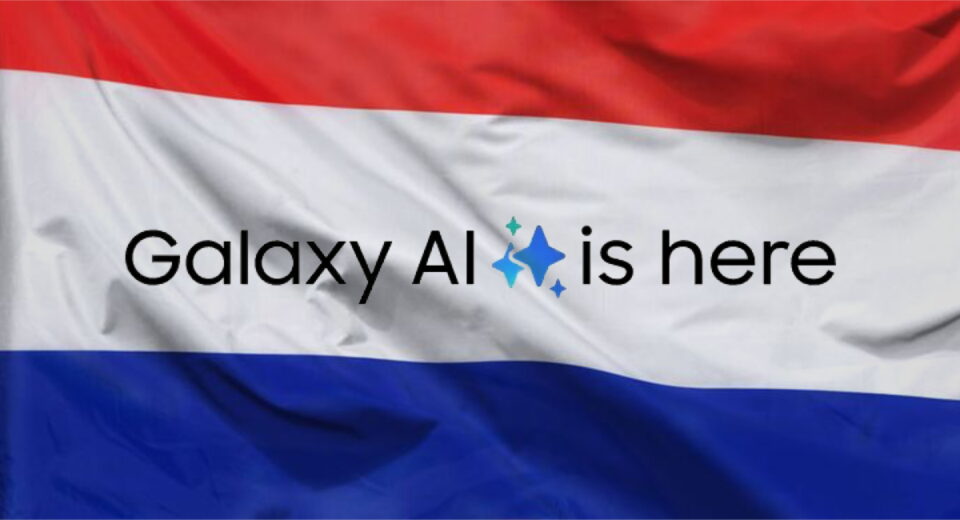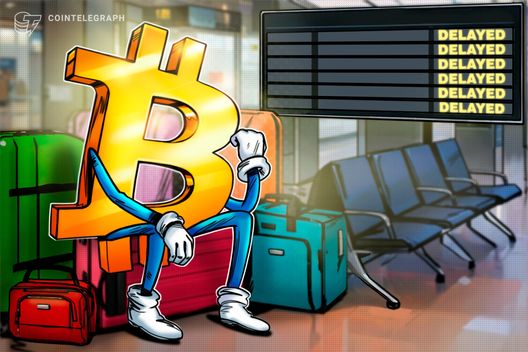Europe to decide if 6 GHz is shared between Wi-Fi and cellular networks
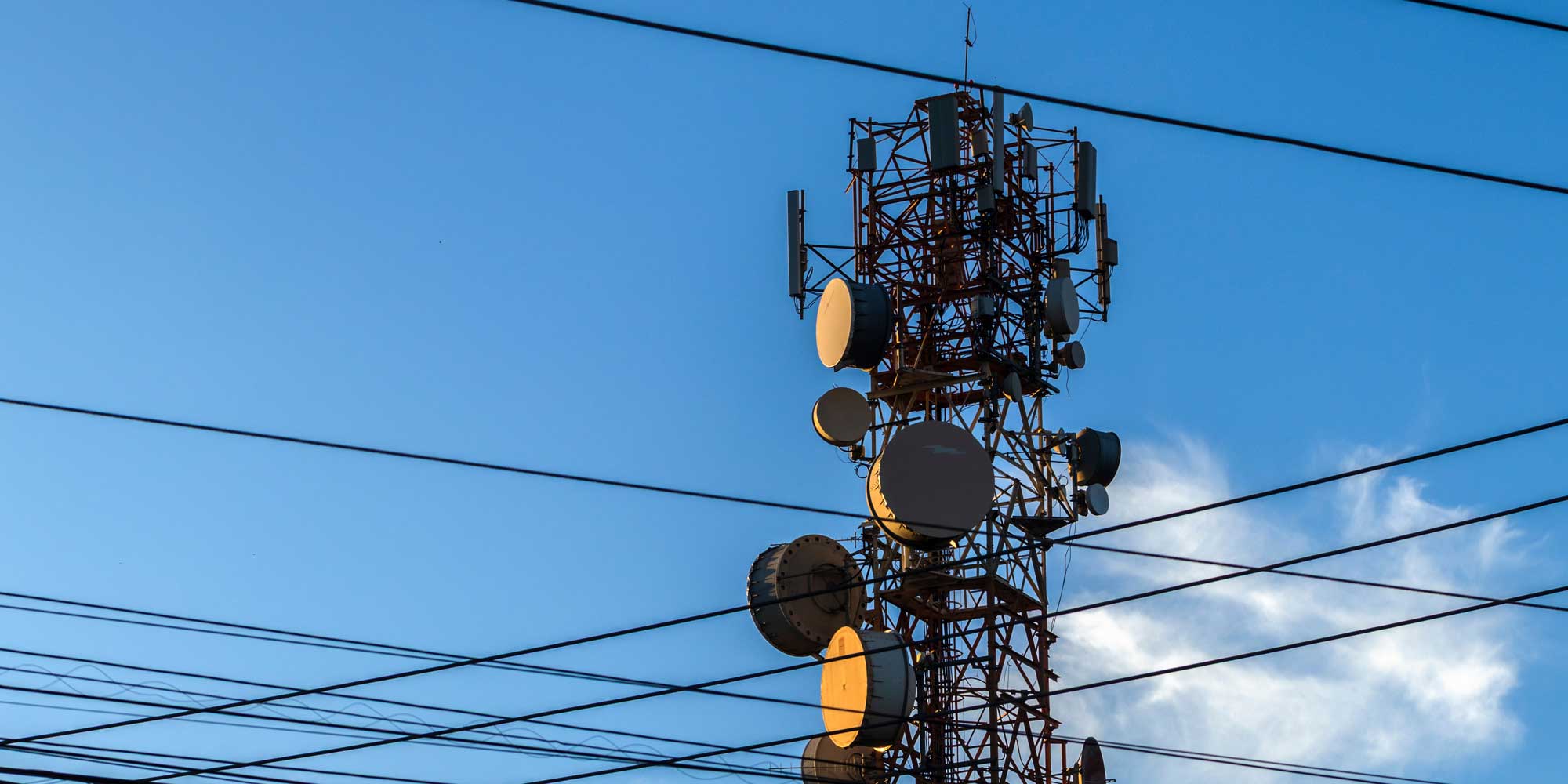
A row is brewing in Europe over the 6 GHz part of the wireless spectrum, between those who believe it should be licensed for use by cellular networks and others that want it reserved for Wi-Fi.
The Wi-Fi Alliance and the Dynamic Spectrum Alliance (DSA) have published open letters addressed to "EU digital ministers," expressing concerns that the upper 6 GHz band (6425 to 7125 MHz) may be rendered off-limits to Wi-Fi networks in European Union countries.
At the heart of the problem is that newer Wi-Fi standards such as Wi-Fi 6E and Wi-Fi 7 are capable of using frequencies in the entire 6 GHz band to provide greater performance. But mobile operators are also eyeing this band for 5G and 6G network services.
The Radio Spectrum Policy Group (RSPG) of the European Commission is currently exploring ways of sharing the upper 6 GHz band between license-exempt technologies such as Wi-Fi and mobile networks. The lower part of the band is already license-exempt. Britain's telco regulator Ofcom is following a similar policy, after a consultation process in 2023.
However, the Wi-Fi camp is worried that the German government may have changed its stance to favor exclusive mobile network use of the upper 6 GHz band, potentially influencing the RSPG's decision.
A spokesperson for the Federal Ministry for Digital and Transport told German news site Heise Online: "The frequency requirements of mobile network operators in the upper 6 GHz band are assessed as greater with a view to future 6G applications" than those of Wi-Fi applications.
In response, the Wi-Fi Alliance and the DSA are trying to stoke fears that such a move would severely dent Europe's digital development, claiming Wi-Fi is the primary way consumers access the internet and constraining it would impact progress.
"Blocking Wi-Fi access to the upper 6 GHz band would be devastating to the future of Wi-Fi technology in Europe. This spectrum is uniquely positioned to sustain the evolution of the Wi-Fi ecosystem and enable the next generation of digital innovation," said the DSA.
The DSA styles itself as a global body advocating for regulations that will deliver more efficient spectrum use, but its member list appears to consist chiefly of US tech giants – Amazon, Apple, Meta, Microsoft, Broadcom, and Cisco.
The Wi-Fi Alliance complained that its members were working with the RSPG's proposals to try and use the spectrum on a shared basis, in line with the European Commission's mandate.
"By contrast, the mobile industry is arguing against a compromise. It is now demanding exclusive use of the entire upper 6 GHz band for mobile services, arguing this would strengthen Europe's digital sovereignty," its letter states.
It claims that Wi-Fi has access to "significantly less spectrum than mobile. These traffic patterns show Wi-Fi's need for the upper 6 GHz band far exceeds that of mobile."
The mobile telecoms industry sees it differently, of course. Vodafone has previously conducted tests in the upper 6 GHz frequencies, achieving download speeds of up to 5 Gbps, and saying it should be made available to boost cellular capacity when current bandwidth becomes exhausted.
Nokia and Swedish telco Telia also carried out a pilot deployment using the upper 6 GHz spectrum last year, claiming it showed the ability to add "massive capacity" in built-up areas, while high throughput can be achieved in suburban or rural areas.
In this respect, the mobile industry has backing from the International Telecommunication Union (ITU), which earmarked the upper 6 GHz band for cellular services at the World Radio Conference (WRC) in 2023.
However, the US telco regulator the FCC reserved the entire 6 GHz band for Wi-Fi and other unlicensed operations back in 2020. Other countries are not prevented from following their own path.
All eyes will be on the RSPG's next Plenary Meeting on November 12, to see what decision (if any) it adopts.
A spokesperson at the European Commission sent a statement to The Register:
"The Commission envisages a technical harmonisation decision on the upper 6 GHz band.To this end, the Commission has tasked the European Conference of Postal and Telecommunications Administrations (CEPT) to develop EU-harmonised technical conditions for a preferred usage scenario of the band. The CEPT has to deliver its final report in July 2027." ®
What's Your Reaction?
 Like
0
Like
0
 Dislike
0
Dislike
0
 Love
0
Love
0
 Funny
0
Funny
0
 Angry
0
Angry
0
 Sad
0
Sad
0
 Wow
0
Wow
0














